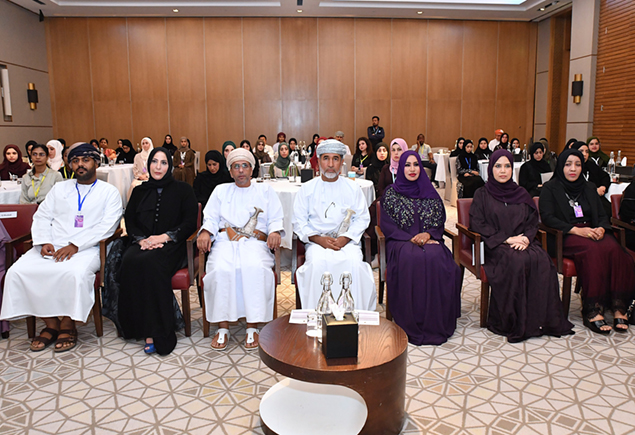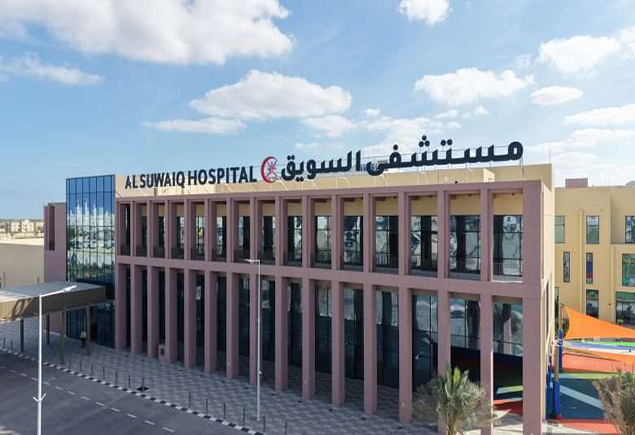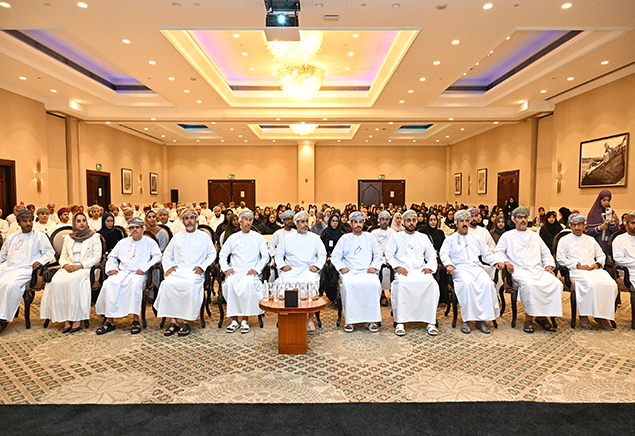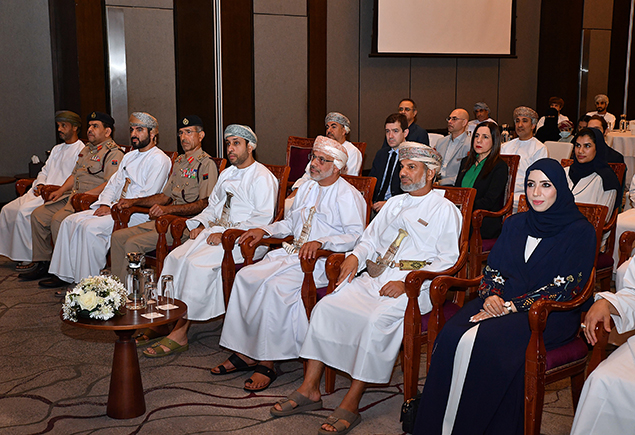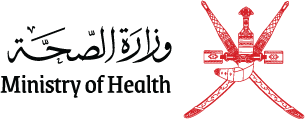The Higher Institute of Health Specialties, represented by the Mental Health Nursing Program and in collaboration with the Oman Geriatric Society, organized today (Thursday) the Muscat Alzheimer's Forum.
The Forum was inaugurated under the patronage of H.E. Dr. Ahmed Salem Al-Mandhari, MOH’s Undersecretary for Planning and Health Regulation, in the presence of H.E Mansour Al Hajri, Chairman of Health Committee in Shura Council, Dr. Manal Al Zadjali, Dean of HIHS, along with deans of colleges, and directors.
The event featured a distinguished group of speakers specializing in Alzheimer's disease, healthcare, nutrition, and medical research.
Dr. Salha Al-Jadidi, President of OGS, delivered a speech stating that the Forum represents a national partnership between educational and social institutions. She emphasized that it marks a starting point toward issuing practical recommendations and national plans for the care and prevention of Alzheimer’s disease. The OGS President pointed out that Al-Massarah Hospital has previously launched the first Alzheimer’s treatment guideline in the Sultanate of Oman.
Dr. Al-Jadidi added that, according to a report by the World Health Organization, the number of people living with Alzheimer’s disease worldwide has reached around 55 million and is expected to rise to 150 million by 2050. Alzheimer’s disease is currently the seventh leading cause of death globally and is one of the major causes of disability and dependency.
The event shed light on the early signs and symptoms of Alzheimer’s disease and reviewed evidence-based treatment strategies. It also discussed the latest developments in diagnosis, treatment, and prevention.
The Forum concluded with several key recommendations aimed at enhancing the national response to Alzheimer’s disease. These included the preparation and development of a unified national guideline for the treatment of Alzheimer’s, along with the establishment of standardized diagnostic and therapeutic protocols based on scientific evidence. It was also recommended to establish a specialized national center for the treatment and care of Alzheimer’s patients, offering integrated diagnostic, treatment, and rehabilitation services within a safe and supportive environment for both patients and caregivers. Additionally, the recommendations emphasized the need for training and qualifying healthcare professionals in the diagnosis and management of Alzheimer’s disease. Finally, it highlighted the importance of advancing scientific research in the field and called for the establishment of a national database on Alzheimer’s cases, supported through collaboration with international research centers to foster the exchange of knowledge and expertise.
An accompanying exhibition was held during the event, showcasing various types of Alzheimer’s therapies, including nutritional therapy, physical therapy, meditation therapy, and occupational therapy.

